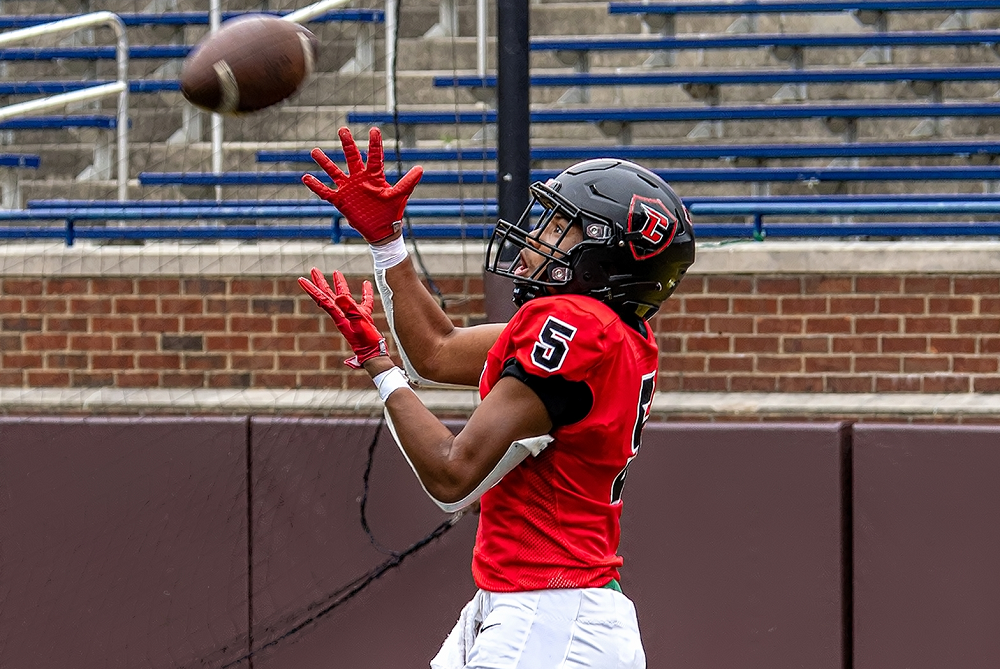
Be the Referee: Other Football Changes
September 7, 2017
This week, MHSAA assistant director Mark Uyl discusses a few final football rules in the final of a three-part series on changes in the sport for this fall.
Be The Referee is a series of short messages designed to help educate people on the rules of different sports, to help them better understand the art of officiating, and to recruit officials.
Below is this week's segment – Other Football Rules Changes - Listen
Today in our final segment of a three-part series on the football rules changes for the 2017 season, we’re going to be looking at three items:
• On passing plays, pass interference will no longer be called when the defender is simply face guarding the receiver with no contact.
• In the final two minutes of a half, the team accepting a penalty will now have the option of restarting the game clock with the snap of the ball, rather than the referee’s ready-for-play signal.
• This is the second year of an experiment in Michigan with a 40- second play clock, which starts shortly after a play is over, replacing the 25-second play clock which was always started by the referee marking the ball ready for play.
Past editions
August 31: Pop-Up Onside Kicks - Listen
August 24: Blindside Blocks - Listen

Be the Referee: Football Rules Differences
By
Sam Davis
MHSAA Director of Officials
August 23, 2023
Be The Referee is a series of short messages designed to help educate people on the rules of different sports, to help them better understand the art of officiating, and to recruit officials.
Below is this week's segment – Football Rules Differences - Listen
The first week of the high school football season is always exciting … and sometimes confusing. Here are some – not all – differences between the high school game and what you see on Saturdays and Sundays.
In high school, there is no such thing as an uncatchable ball when judging pass interference. It is a penalty if there is illegal contact, whether the ball is catchable or not.
In overtime, high school teams start with the ball at the 10-year line – not the 25 like in college. And in high school overtime, you are only able to get a first down via penalty. And, at no time is a high school team required to go for two points.
And on extra point plays, if the defense gains possession, the try is over. The defense cannot return the ball for two points.

